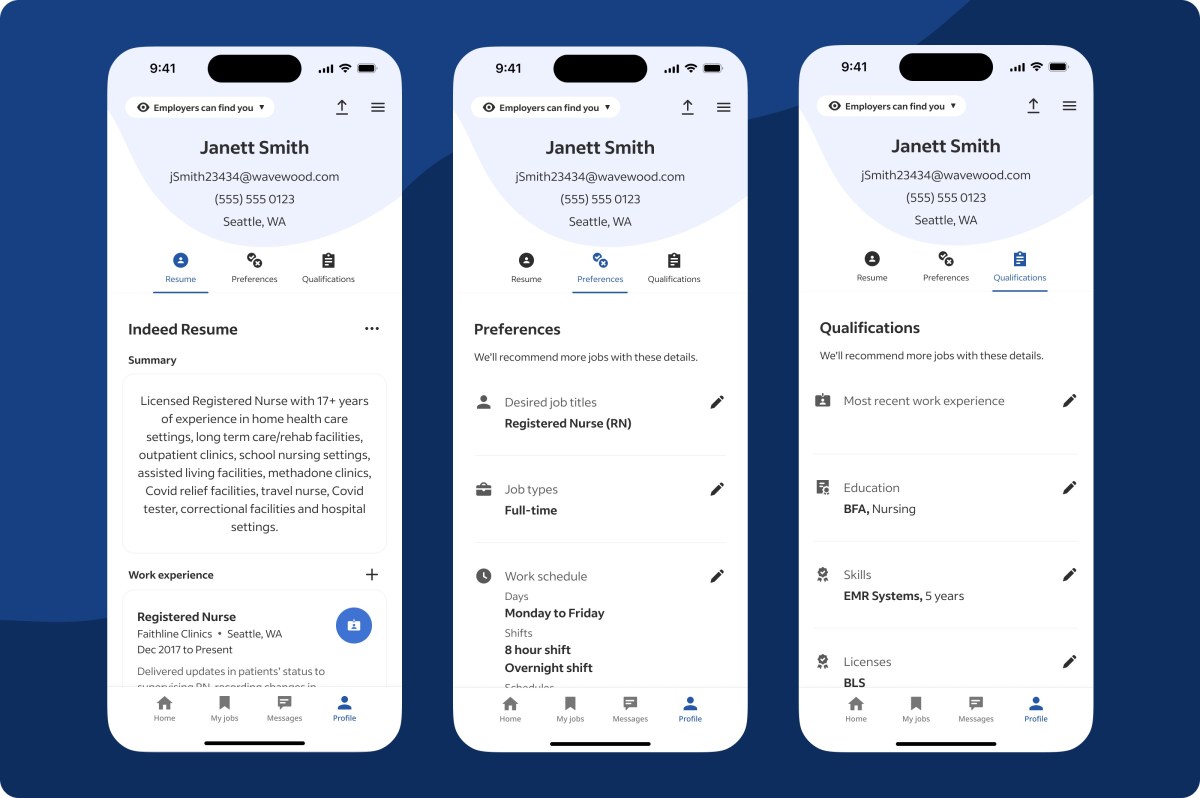Imagine being a hedge-fund manager striving to gain a competitive edge. To optimize returns, you opt to implement cutting-edge technology enabling a computer to analyze market trends swiftly and execute thousands of trades in milliseconds. Initially, the program enhances your fund’s performance, but excitement quickly turns to dread as the system goes haywire, purchasing hundreds of millions of shares within an hour. Despite frantic efforts to halt the trades, your firm is unable to intervene, resulting in significant losses—all due to a poorly configured algorithm.
This dystopian scenario isn’t a speculative tale about the looming threat of artificial intelligence; it unfolded over a decade ago when a coding error cost Knight Capital a staggering $440 million, leading to the company’s forced sale at a substantial discount.
The term “artificial intelligence” isn’t a glimpse into the future—it’s merely a marketing label for a slightly updated iteration of the automation that has long governed our lives. From automation to algorithms, machine learning, and now AI, these technologies all share the fundamental concept of delegating decision-making to computers for rapid task execution. While concerns mount about a new era of AI disrupting daily life, displacing millions of workers, and reshaping society, many fail to grasp the pervasive influence of computerized decision-making across all aspects of existence. These systems rely on datasets and human-defined rules, but whether it’s navigating financial markets or delivering news, an increasing portion of our lives is entrusted to unaccountable digital systems.
Although these algorithms have delivered societal benefits by streamlining tasks and fostering fairness, they are increasingly making questionable choices that favor the elite and harm ordinary individuals. The algorithms underpinning our digital landscape, once designed to simplify our lives, have now evolved to distort society by relegating critical decisions to machines.
The evolution of the internet from a human-curated space to an automated realm underscores this shift. As algorithms dominate search engines and content delivery platforms, concerns about bias, misinformation, and societal manipulation loom large. While these technologies have streamlined processes and enhanced efficiency, they have also exacerbated societal inequalities and perpetuated injustices.
The proliferation of algorithmic decision-making extends beyond the private sector, infiltrating government services and perpetuating systemic biases. Instances of algorithmic malpractice, from discriminatory loan decisions to biased exam grading, underscore the far-reaching consequences of relinquishing control to opaque algorithms.
As we navigate this algorithmic labyrinth with limited transparency into their decision-making processes, regulatory efforts lag behind, leaving a vacuum where machines increasingly dictate our lives.
The encroachment of algorithms into every facet of existence has largely escaped public scrutiny, with incremental changes often overlooked until the cumulative impact becomes undeniable. The integration of generative AI into mainstream services heralds a perilous trajectory, with the internet’s utility at risk of being compromised by an influx of subpar, AI-generated content.
The advent of generative AI, epitomized by large language models, poses a distinct threat as these systems autonomously generate inputs and outputs, shaping our digital landscape in ways that may be detrimental. The unchecked proliferation of generative AI risks undermining the integrity of information and exacerbating societal challenges.
While the affluent may navigate this algorithmic landscape unscathed, shaping it to their advantage, the majority face an uncertain future where algorithmic black boxes increasingly dictate their lives, often at the expense of human agency and well-being.
As automation accelerates, relegating human decision-making to the sidelines, the potential for adverse outcomes—from job displacement to biased decision-making—intensifies. The internet, once a bastion of human creativity and knowledge, risks being overrun by algorithm-driven content, diluting its unique essence.
In this evolving landscape, the real menace may not be an all-powerful AI but rather the unchecked avarice that propels companies to relinquish critical functions to inscrutable algorithms, eroding human autonomy and agency.
Ed Zitron is the CEO of EZPR , a national tech and business public-relations agency. He is also the author of the tech and culture newsletter Where’s Your Ed At and the host of the “Better Offline” podcast .
About Discourse Stories
Through our Discourse journalism, Business Insider seeks to explore and illuminate the day’s most fascinating issues and ideas. Our writers provide thought-provoking perspectives, informed by analysis, reporting, and expertise.










